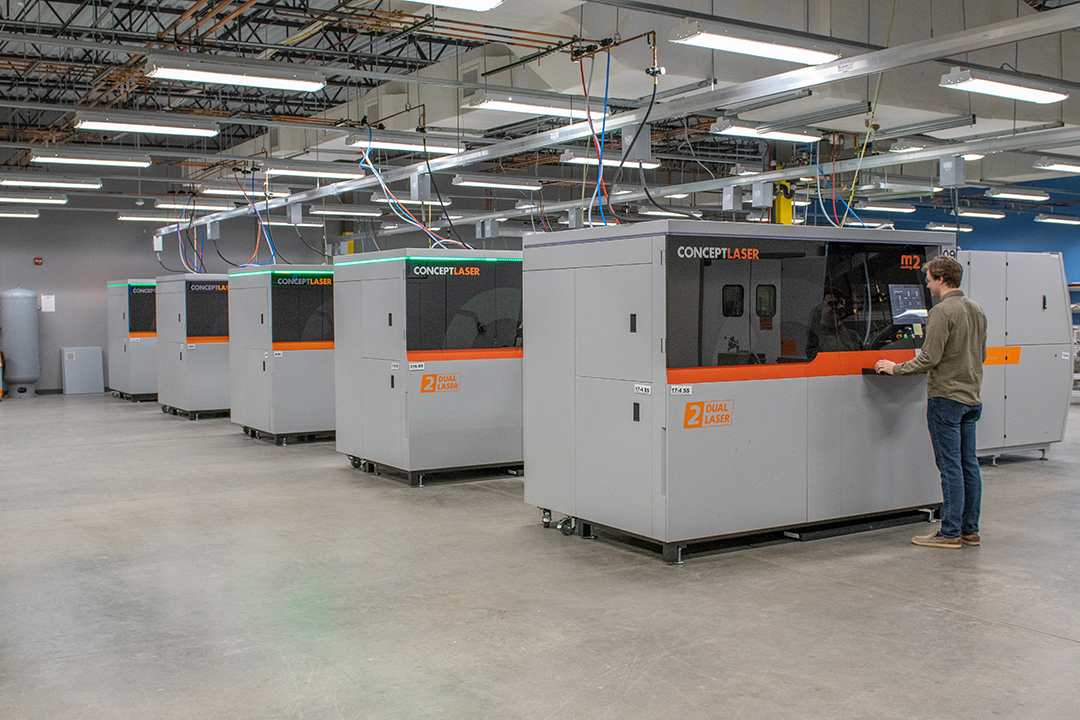Shares of Luminar Technologies were up 21% on Wednesday after it appointed Alan Prescott, Tesla’s previous original lawyer, as its chief authorized officer.
Alan Prescott will be part of Luminor immediately from Tesla, and may be accountable for directing all authorized actions at the firm. Prior to Tesla, Prescott permitted Uber’s Superior Expertise Authorized Group.
Having a strong authorized group in self-driving startup firms could be important, especially given that automotive crashes that occurred when self-driving expertise was in use have attracted intense scrutiny.
The Tesla car crash earlier this week is believed to have happened with the company’s self-driving Autopilot expertise, as officials said it appeared that neither of the two passengers was driving the car at the time of the fatal crash.
Tesla’s Elon Musk, however, denied the claims on Twitter, saying the car’s Autopilot technology was not visible in the company’s data logs.
Despite Wednesday’s jump in Luminar, the company continues to decline 38% year-over-year. Corporate went public through the SPAC merger at the end of the last 12 months, but that trend cooled in April as buyers take a more sustainable look at businesses going public through “blank-check” mergers.
Five years ago, Russell co-founded Luminar Technologies, a Silicon Valley start-up that’s trying to steer the rapidly growing self-driving car industry in a new direction. Luminar kept its job closely until Thursday, when it revealed the first details about a product Russell is touting as a more powerful form of lidar, designed by Google spinoff Waymo, Uber and major automakers. It is a key sensing technology used in autonomous vehicles.
Lidar systems work by bouncing laser beams off nearby objects and measuring the reflections to produce a detailed 3-D picture of the surrounding environment. The technology is similar to radar, which uses radio waves instead of laser beams.
Luminar’s version, Russell says, fitted with its own patented hardware and software, will provide 50 times the resolution and 10 times the range of existing lidar systems. Those improvements, he said, would allow self-driving cars to be sold more quickly in the mass market.
Thiel Backbone
During an interview at an empty warehouse on the San Francisco pier where Luminar is testing its lidar, Russell didn’t shy away from making big claims for his technology. “When you see that your vehicle is powered by Luminar, you will know you will be safe,” he said. “We need to get to the point where humans don’t have to constantly take care of children and take control of autonomous cars”.
If Luminar’s lidar lives up to its promise, some of the world’s biggest technology and auto companies could be overthrown by a precocious entrepreneur who says he memorized the periodic table of the elements when he was 2 years old . By the time he turned 11, Russell says, he was tinkering with supercomputers.
Like another technology prodigy – Facebook Inc. co-founder Mark Zuckerberg – Russell had the early backing of PayPal co-founder Peter Thiel, who became a billionaire after investing $500,000 in Facebook during that company’s childhood. .
One of Luminar’s early investors is Thiel and a venture capital firm backed by eBay Inc. founder Pierre Omidyar. Russell dropped out of Stanford University after only three months when he won the Thiel Fellowship, which pays students $100,000 to work on promising ideas rather than earn a degree.
Cost or Security?
Like Zuckerberg, Russell is also the CEO of his company. Luminar’s roughly 150 employees are older than him, including his former mentor at Photonics, Jason Eichenholz, 45, who is now the company’s chief technology officer. Russell’s father, a former commercial real estate specialist, is the chief financial officer.
Now Russell must prove that he has indeed invented something revolutionary.
Although lidar is a key component in self-driving clear, some believe that Luminar is acting on the wrong problem. The big issue for lidar systems these days is cost, not security, said Alex Lidow, chief executive of Efficient Power Conversion, which supplies the chips for lidar. The cost of the system is thousands of dollars.
“You don’t need the resolution that would allow a car to stop before a bug hits the windshield,” Lidow said. “The question comes down to this: What is the right amount of information to make the absolutely right decision for the car at all times?”
Luminar plans to build 10,000 lidar units this year at its 50,000-square-foot plant in Orlando, Fla. Russell would not disclose what it would cost them. About 100 lidar systems are to be tested by four makers of autonomous cars, which Luminar will not be able to detect. Partners include technology companies and automakers, Russell said.






